South Korea’s vibrant economy stands as a testament to the nation’s commitment to innovation and technology-driven progress. The synergy between government programs, private funding, and incubators has propelled the country’s startup sector to unprecedented heights, making it an attractive destination for home-grown ventures and a growing number of foreign startups and companies.
Government Programs and Initiatives: A Gateway for Global Ventures
The Korean government, recognizing the pivotal role of global companies and startups in driving economic growth, has implemented a series of programs aimed at supporting foreign companies and easing the entry of entrepreneurs into the country.
At the forefront of this initiative is the ‘Overall Assistance for Start-up Immigration System(OASIS),’ a visionary system designed to issue startup visas to non-Koreans based on their advanced technologies. Programs like the K-Startup Grand Challenge and events like COMEUP further contribute to funding promising non-Korean startups, fostering an environment of collaboration and innovation.
Key Government Agencies Paving the Way for Foreign Ventures
Several government agencies play crucial roles in providing comprehensive support to foreign companies and startups looking to establish themselves in South Korea:
1. Ministry of SMEs & Startups (MSS): Established in 2017, the MSS is dedicated to supporting small businesses and startups.With a focus on fostering a conducive ecosystem, MSS engages in policy development, regulatory reforms, and funding initiatives. Operating various tech startup platforms, including the “Tech Incubator Program for Start-up (TIPS)” and “Start-up Leader Universities,” the ministry provides R&D funds and infrastructural support.
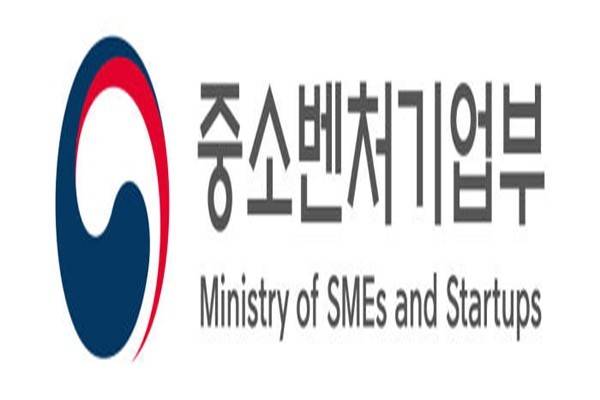
2. Ministry of Trade, Industry and Energy (MOTIE):
A pivotal player since 1948, MOTIE oversees commerce, investment, industry, and energy.Recent initiatives, including the 113th Foreign Investment Committee meeting, demonstrate its commitment to creating a favorable environment. Revised bills on the Cash Grant System and Foreign Investment Zones aim to encourage foreign investment in advanced industries.
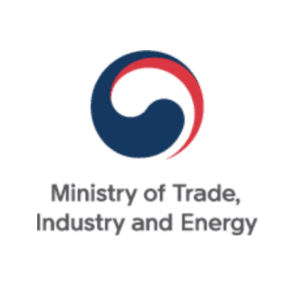 3. Invest Seoul: Launched in February 2022, Invest Seoul is a Foreign Investment Promotion Agency established by the Seoul Metropolitan Government. Serving as a bridgefor foreign companies, it offers a range of services to facilitate a smooth entry into the Korean market, creating a foreign investment-friendly environment.
3. Invest Seoul: Launched in February 2022, Invest Seoul is a Foreign Investment Promotion Agency established by the Seoul Metropolitan Government. Serving as a bridgefor foreign companies, it offers a range of services to facilitate a smooth entry into the Korean market, creating a foreign investment-friendly environment.
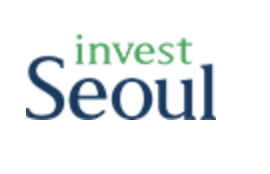
4. Korea Trade-Investment Promotion Agency (KOTRA): A vital player in supporting businesses exploring international markets, KOTRA aims to be a “world-class trade-investment promotion agency” for small and medium enterprises (SMEs). The agency facilitates global outreach and job creation, providing essential support for startups looking to expand globally.
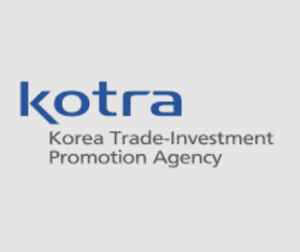
5. Korea International Trade Association (KITA): Established in 1946, Korea International Trade Association (KITA) is the largest business organization in Korea, with over 73,000 member companies. Focused on advancing the Korean economy through global trade, KITA offers a network of domestic and overseas branches, fostering international trade ties.

6. Korean Venture Capital Association (KVCA):Founded in 1989, KVCA represents the Korean venture capital industry, promoting a favorable system and vibrant investment environment. The association enhances awareness of the importance of venture capital to the Korean economy and facilitates international networking among its members.

7. Korea Creative Content Agency (KOCCA):Supporting the global success of K-pop and Korean creative content, KOCCA acts as an incubator for content startups. It provides mentorship, education, and office space, contributing to the growth of Korea’s digital innovation.

Accelerator Programs and Startup Hubs: Catalysts for Growth
South Korea hosts renowned accelerator programs and startup hubs that serve as catalysts for growth:
1. K-Startup Grand Challenge (KSGC): One of Korea’s largest accelerator programs, the K-Startup Grand Challenge invites foreign startups for a four-month acceleration program at Pangyo Techno Valley. The initiative pairs startups with tech giants and accelerators, providing training and mentorship.

2. TIPS (Tech Incubator Program for Startups): A major government-backed incubator, TIPS (Tech Incubator Program for Startups) identifies and nurtures promising startups with groundbreaking technologies. It appoints startups to industry leaders and angel investors, providing incubating, networking, mentoring, and R&D funds.
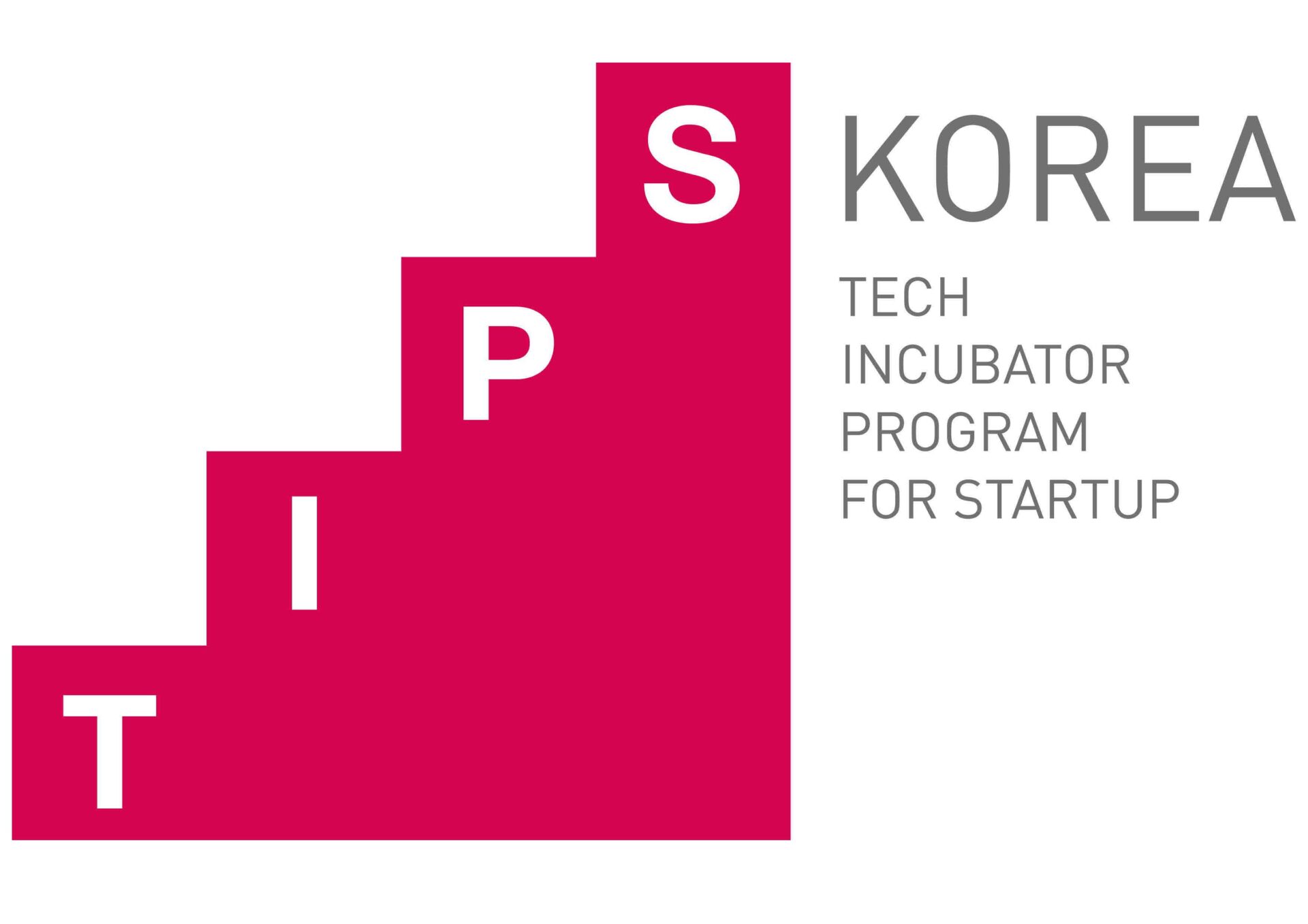
3. Small and Medium Business Administration (SMBA): SMBA is another affiliate organization under the Ministry of SMEs and startups that aim to encourage innovation in small, micro and medium-sized businesses. The agency’s mission is to foster startup growth, connect startups with growth opportunities, and support micro-enterprises.
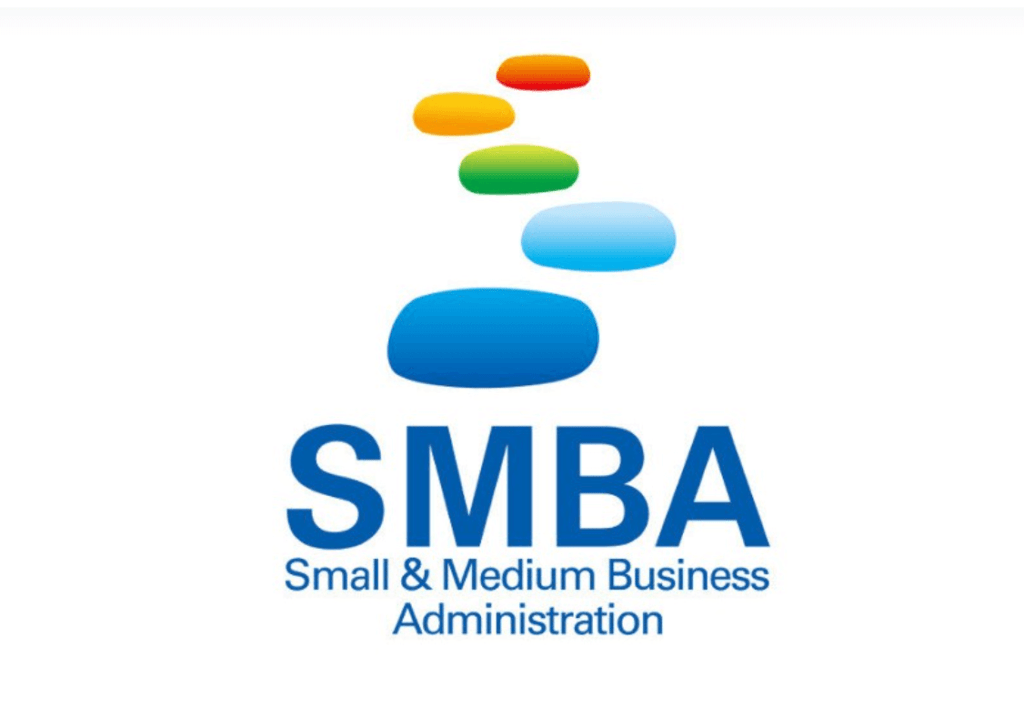
4. Pangyo Techno Valley: Located in Seongnam, Pangyo Techno Valley is a vast industrial and startup campus supporting, educating, and motivating young startup companies. It offers office space, funding, education, and a network of local and international companies.

Seoul Metropolitan Government: Incentives for Foreign Investors and Startup Hubs
Seoul, a city known for its high population density and well-developed markets, provides attractive incentives for foreign investors through the Seoul Metropolitan Government (SMG). Foreign Investment Zones are designated to attract foreign-invested companies, providing added value. The SMG also offers substantial rental subsidies, supporting companies such as A-Biotech, Intuitive Surgical Korea, and the Boeing Korea Engineering & Technology Center. The city is actively considering the creation of Foreign Investment Zones to attract investment in manufacturing, tourism, and logistics.
SMG supports local startup hubs, including Gongdeok, Seongsu, Chang-dong, and Magok. The Seoul Global Centre, run by Seoul City Hall since 2008, serves as a multi-lingual, comprehensive support center, offering various services to enable a hassle-free life for foreign citizens in Seoul.
South Korea’s Open Arms for Global Ventures
As South Korea continues to position itself as a global innovation hub, the concerted efforts of government agencies, programs, and startup initiatives demonstrate the nation’s commitment to fostering a welcoming environment for foreign companies, investors, and startups. The collaborative spirit between the public and private sectors is a testament to South Korea’s dedication to driving economic growth through technological innovation and international collaboration. Foreign ventures looking for a thriving ecosystem should undoubtedly keep South Korea on their radar as a destination for establishing and growing their businesses.
Also Read,
- Top Event Agencies in Korea For International Clients Seeking Global Excellence
- Top Accelerators in South Korea Shaping Startup Success
- Top Korean Venture Capital Firms Backing Startup Success
- Pangyo Techno Valley: A Thriving Startup Hub in Korea
- 13 Reasons Why Seoul is the best city for startups to launch their business
Keep tab on latest news in the Korean startup ecosystem & follow us on LinkedIN, Facebook, and Twitter for more exciting updates and insights.






